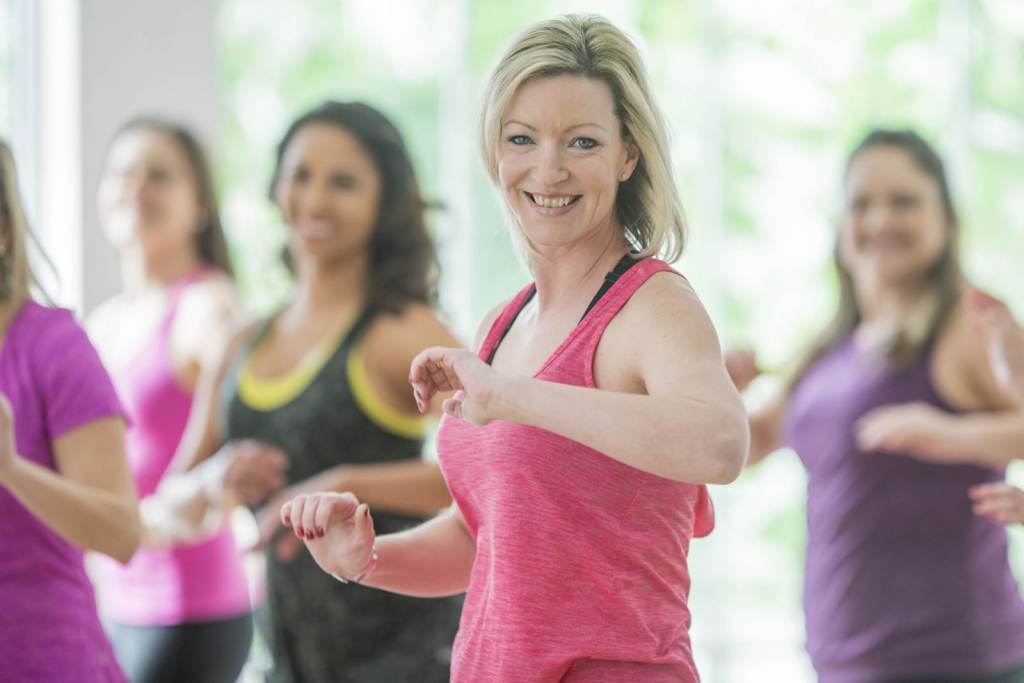Physical Activity
Physical Activity

Physical activity means any movement of the body that requires energy expenditure. Some of the forms of physical activity include walking, running, dancing, traveling, carrying on household chores, bicycling, exercise, vacuuming, swimming, water aerobics, tennis, soccer or golf, and engaging in recreational pursuits.
Benefits of Physical Activity
- Reduce the risk for cardiovascular disease, stroke, Type 2 diabetes, hypertension, and other chronic diseases.
- Reduce the risk of breast and colon cancer.
- Reduces the risk of depression and anxiety.
- Helps with weight control.
- Strengthen bones and muscles.
- Improves mental health, mood, and energy level.
- Adequate physical activity decreases the risk of hip fracture or vertebral fracture.
- Improves your overall health and fitness which can provide better quality life.
How much physical activity is recommended for health benefits?
For adults ages 40 and above, aim for at least 150 minutes of moderate intensity physical activity (like brisk walking) throughout the week, and muscle-strengthening activities on 2 or more days a week. These activities should involve major muscle groups like legs, hips, back, abdomen, shoulders, and arms.
Or aim for at least 75 minutes of vigorous-intensity physical activity (like jogging, or running) throughout the week, and muscle-strengthening activities on 2 or more days a week. These activities should involve major muscle groups like legs, hips, back, abdomen, shoulders, and arms.
Or an equivalent combination of moderate and vigorous intensity activity and muscle-strengthening activities on 2 or more days a week involving major muscle groups like legs, hips, back, abdomen, shoulders, and arms.
Starting to exercise
- Contact your doctor before beginning an exercise program.
- Start small. Like anything else, it is easiest to succeed when a task is broken into small steps and can provides a motivation to complete.
- Find something you enjoy. Not enjoying the activity is a major factor that often predicts people dropping out of the exercise programs. quitting exercise programs.
- Social support is important for some people. Find someone who can exercise with you or help keep you committed to an exercise program.
- Be patient. Continue what you are doing. It takes a while to get the results you wanted would like to see.
- Try not to compare yourself to others. Don’t and let the fears of what others may might think get in the way of your goals. Remember exercising makes you more active than about 85% of the US population, which is certainly nothing to be embarrassed about.
- Finally, keep in mind that every time you are doing an exercise, you are making a change for the better